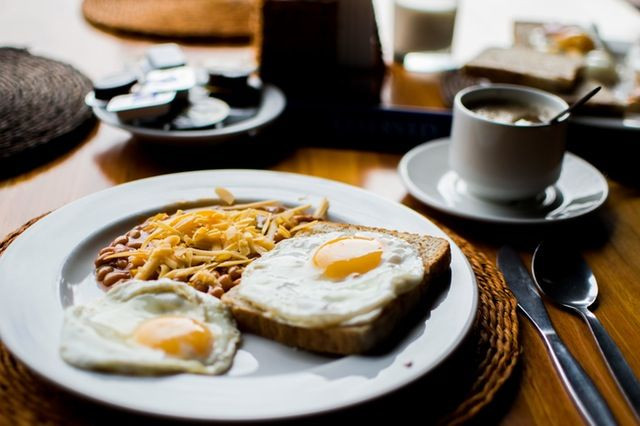Low-Carb Vs. High-Carb Diets: What's Better For Your Metabolism

If you have a naturally fast metabolism, count yourself lucky. The search for scientific and natural ways to speed up the body’s metabolic rate has been long and arduous, but one new study has linked low-carbohydrate meals to healthy changes in a woman's metabolism, HealthDay reported.
Researchers from the University of Michigan's School of Kinesiology also found that small changes — like timing of exercise after eating — can make a big difference in metabolism.
When study participants ate meals that had only 30 percent carbs, they also had 30 percent less insulin resistence and levels after eating. This is significant because insulin helps the body use carbs effectively; meanwhile, people who have high insulin resistence are more likely to go on to develop diabetes, HealthDay reported.
To reach these findings, researchers examined 32 healthy participants and split them into four groups: high-carb diet, low-carb diet, with exercise, and without. They were all postmenopausal women aged 50 to 65 and none had signs of diabetes or prediabetes, HealthDay reported.
Read: Good Carbs, Bad Carbs: 5 Common Myths About Carbohydrates That May Be Ruining Your Digestive Health
Participants in the small study all had one meal at the lab the night before the study, and then two study meals the next day — one in the morning and the other at 5 p.m. Each feast boasted 800 calories, but offered varying levels of carbohydrates, protein, and fat content.
Meanwhile, the exercise group was moderately active for two hours, and the workout stopped one hour before a meal.
"During exercise, you need energy, triggering hormones that promote the release of sugar from the liver. Most [of the body's] tissues become insulin-resistant to allow the brain and muscles to use that excess sugar," explained the study's senior author, Katarina Borer, according to HealthDay.
She recommended that people exercise after meals because the meal will provide the fuel; otherwise, exercise on an empty stomach before meals will trigger the liver to release sugar, and if the sugar isn't all used up in the workout, blood sugar levels may remain high.
Source: Lin PJ, Borer KT. Third Exposure to a Reduced Carbohydrate Meal Lowers Evening Postprandial Insulin and GIP Responses and HOMA-IR Estimate of Insulin Resistance. PLOS One. 2016.
Read more:
What Is The Carb Cycle Diet? Risks And Benefits To Know Before Starting Weight-Loss Plan



























